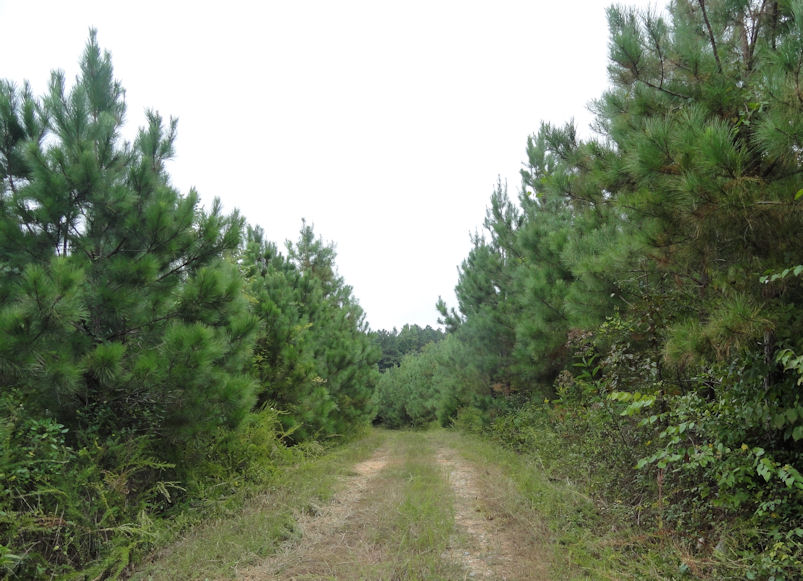
I wrote this article for “Virginia Forests” magazine. Presumably a similar, maybe improved, version will be out soon.
People who own or work with forestry are in a controversial business. Whether or not we want to acknowledge it, most (not some most) people misunderstand what we do and a significant number of people consider a term like “logger” a type of insult.
This point of view is mostly based on ignorance, but it is ignorance that we cannot ignore. In a democracy, policies are based on the desires of the majority and, yes, on their misconceptions and prejudices too. If a majority does not understand, they can be pushed into doing dumb things by vocal minorities. As development comes closer and even into our forests, more people are interested in what we do; it is our interest to make sure their interest turns into understanding.
I was reminded of this need while reading about the recent disastrous fires in the West. One article talked about the need to thin forests in order to improve forests’ health and make them more fire resistant. I didn’t learn much that I didn’t already know from the article itself, but the comments were very enlightening. By the time it was all done, there were dozens of comments. Some readers were evidently appalled that anyone would even suggest that a human activity like thinning would be proposed for nature’s forests. Others thought they might accept thinning, but wanted to make sure that nobody made a profit from it.
Comments are not necessarily representative of the general population, but they do come from people who have an opinion and who care enough to take the time to write about it, in other words, motivated people more likely to take action.
Our problem seems to be that a significant number of people view forestry as a kind of mining. Their attitude seems to be that nature provides forests that humans disrupt and exploit. And then they are gone, maybe for years and maybe forever. This is a silly idea to people who work in forests, especially older people who might have seen several thinnings and harvests on the same tract of land. We must not overlook, however, that the narrative of loss, destruction, exploitation and the heavy footprint of man is firmly and passionately believed by some people who vote and influence policies toward forests. We should also accept that their passion is based on good will. They think they are the good guys. The facts are on our side, but that doesn’t diminish the intensity of their passion.
This is not a discussion we can or should want to avoid. We are doing the right things and trying with each planting and with each harvest to do them better. Tree farmers act today with the promise of the future firmly in mind. Sustainability is our concept, one practiced by foresters long before it was stylish or even described. Each of us lives from the gifts of the past and leaves more for those who come after us. This is what sustainable means.
Our story is important and we should tell it with eagerness and vigor, not just to each other but to all who want to listen, and maybe even to some who don’t. Our narrative is not one of “leaving a smaller footprint” or “reducing damage.” Ours is the affirmative story or renewal and regeneration, of imagination, intelligence and innovation making things better. Generations of tree farmers have been protecting water, soils and wildlife while producing wood and forest products. It is what we do. We know it works because we see it, smell it in the air we breathe and feel it under our feet as we walk across the land. It is something to share.
